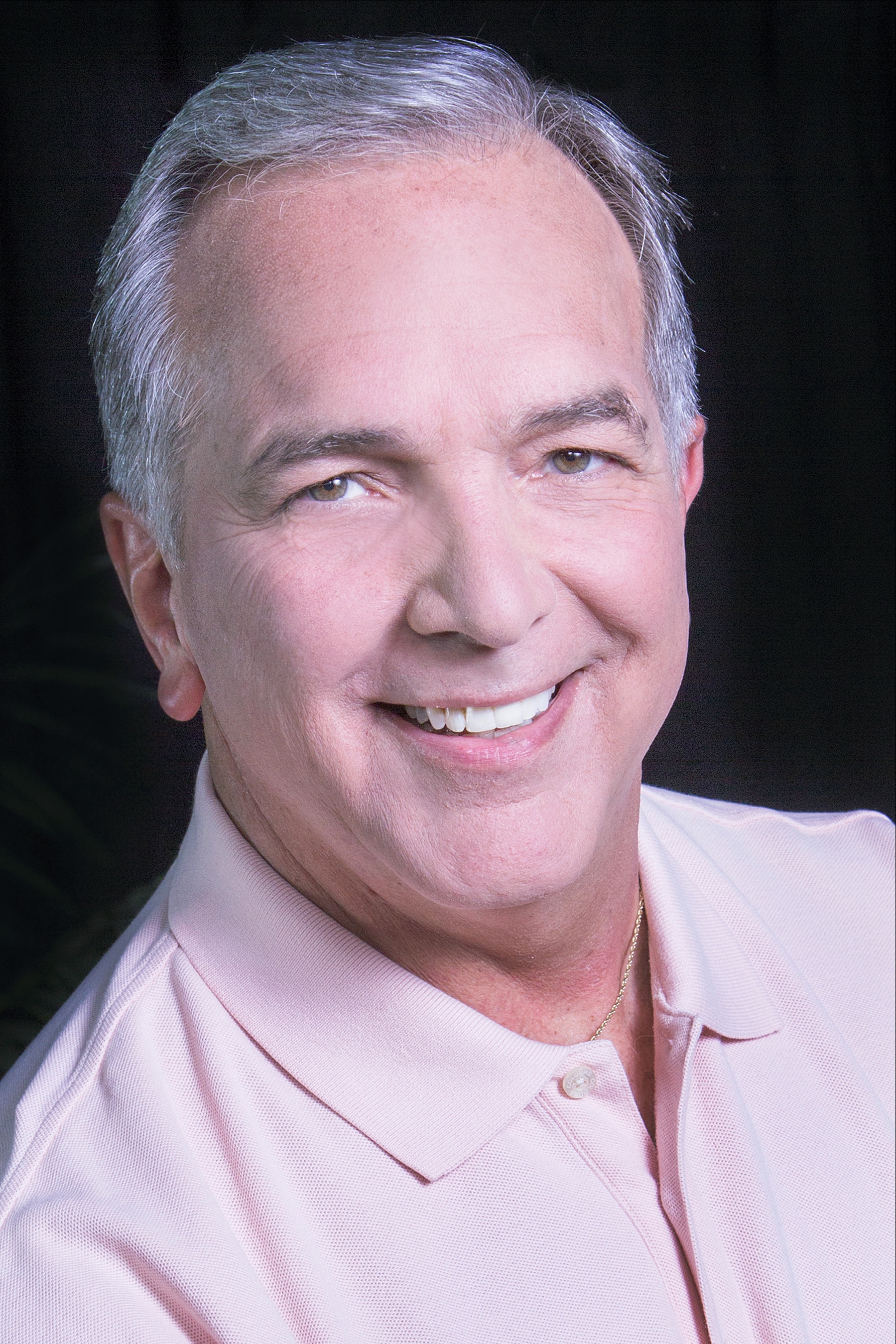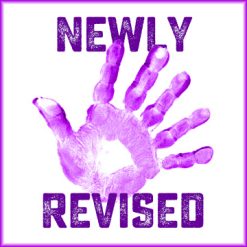|
VOICE ACTING If You Sound Announcery, Let's Have This Conversation ... January 22, 2015  By Dave Courvoisier By Dave CourvoisierVoice Actor & TV News Anchor File this under: "The client really doesn’t know what she/he wants." They just know what they DON’T want - and the popular Nazi-delivery du jour is "announcery.” Announcers are the zombies of the voice over world. Dead, but still moving and seeking sustenance. If they DON’T want announcery, chances are the client is including "be more conversational” in their instructions to the talent. WHAT'S A CONVERSATION? Why is "conversational” the magic word? I don’t know about you, but most of MY conversations with people are either: A: pedantic to the point of a lecture (convo with a stranger, a phone call on a bad network, discussion about my rates with someone who wants a clear understanding, etc.), orSo when a client says "conversational” it really means you are likely to deliver a contrived creation of sentences that while articulate, nonetheless flows, and sounds "natural” or non-contrived. Friendly? Convivial? Neighborly? Comfortable? It’s like Spencer Tracy is believed to have said: "Acting is all about being genuine and true to yourself. Once you can fake that, you’ve got it made.” AMEN. DEFINITELY CONFUSING DEFINITIONS The dictionary is not helpful in the search for "conversational” because it breaks the cardinal rule of never using the word you’re trying to define IN the definition of the word: "of, pertaining to, or characteristic of conversation.”And "conversation” is defined as: "an informal interchange of thoughts,”My head is spinning. HOW TO SOUND 'CONVERSATIONAL' This is why clients ask for "conversational,” ’cause we all think we know what it is, so the greater challenge is delivering "conversational” when the client asks for it. How does one get in the mode of "conversational”? One technique used by a well-known coach is to have the talent write an essay about something they feel passionate about, deliver said essay in an equally passionate tone, then immediately turn around and deliver the copy. This actually works, but sheesh! Who has the time to write an essay between auditions? Deliver it once, and the passion goes out. So it’s not usable over and over. Another oft-quoted mental device is to speak as if you’re talking directly to your best friend - right there among the wires, the headphones, and the mic-stand, right there in your booth. Yup. THAT works. It’s hard to pay attention to the nuances of your speech WHILE you’re saying it. That obviously takes away the spontaneity of it. Spontaneity. That certainly must be a component of "conversational.” LISTEN TO THIS ... So what I’ve come to is that "conversational” is more about listening than it is speaking. That’s what a good conversationalist does, right? They listen. So listen to yourself. Are you making sense? Would you convince you if you said that, that way? Regardless, if all else fails, just don’t sound "announcery.” Apparently everyone knows exactly what THAT sounds like! --------------------- ABOUT DAVE
Dave Courvoisier is an Emmy Award-winning broadcaster, writer, producer, voice actor, and the main weeknight news anchor on KLAS-TV, Channel 8, the Las Vegas CBS affiliate. He also writes Voice-Acting in Vegas, a daily blog of voice over adventures, observations and technology. Email: CourVO@CourVO.com Web: http://www.courvo.com Blog: http://www.courvo.biz Twitter: http://twitter.com/courvo |
As of the NEW website launch, 03/22/2012





.png)




After all we really are telling stories. Even in the few seconds allotted in a commercial there's a story. Figure out why we're telling it (that also answers the questions who are we, who are we talking to and how do we tell them), and we can bring it home.
Announcer = Affected 1970s Breakfast Show host on 100.7 K-Banal FM
Conversational = Be engaging.
I spend my time auditioning between v/o projects and 90% of the potential clients want a "conversational" delivery, but the copy is written for a used car sales commercial!!!
If we started turning in auditions with pauses and half sentences, like you mentioned, we would sound unprofessional and never get a hire. I think most clients, especially startups, really don't know what they want until they hear it. I wish they would come up with a new word....I cracked up when you mentioned "say it like you are talking to your best friend"....yeah, right. Me and my imaginary friend right in my booth. Sure thing :)))) Thanks for addressing this. We really need to talk about this more often!
The truth is that the client doesn't want a TRUE conversational-sounding delivery, just a genuine one, which is still difficult with the above script.
Our job, of course, is to help them answer that question. The problem is compounded when the copy is anything but conversational. So to get my talent to "listen to themselves," I will sneakily record them during a break, just talking about themselves. They are often amazed at the difference in how they sound. Somehow then, they can bring that difference to whatever they've been given to read.
Admittedly, this is a lot easier with a lighthearted radio spot than with three paragraphs of gasket applications.
Thank you for your insights on "conversational” delivery. As a newbie audiobook narrator, I am often called upon to tell a book's story in a conversational manner. Funny, unless it's a textbook, most novels are rather "conversational" aren't they? But, then there are textbooks which have lots of "conversations" within the text. But, I am not supposed to sound "conversational" when narrating textbooks (even if the author has written the text in that manner).
It's all so confusing. I try to follow Spencer Tracy's advice (which you quoted) or just read the text. But, wait...I'm not supposed to sound as if I am reading! (SIGH)
:)